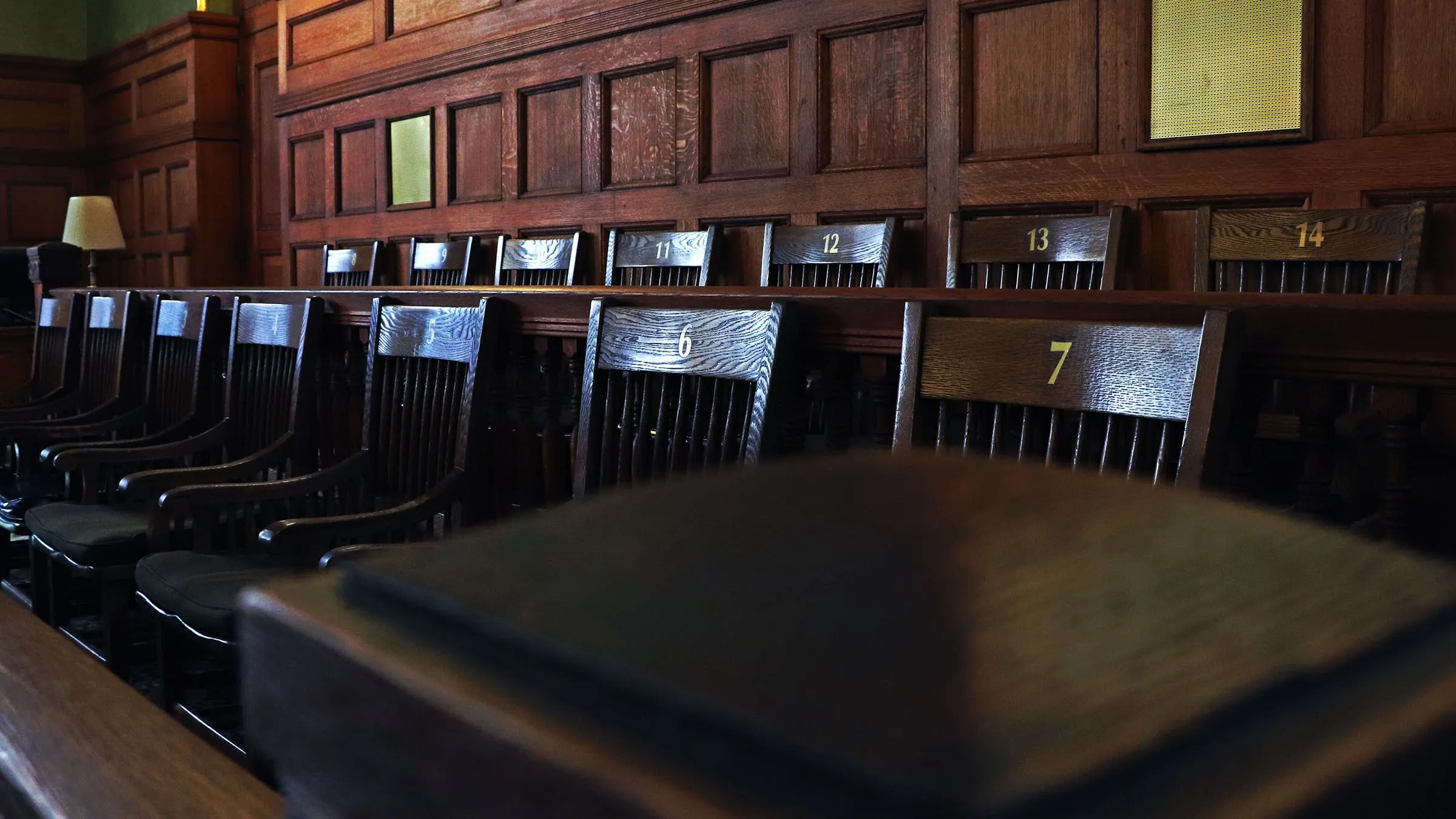Jury selection in FTX founder Sam Bankman-Fried’s criminal trial is going to extend into a second day, with the pool of qualified jurors now narrowed to 50, from which 12 will be selected by Wednesday morning.
Many prospective jurors recused themselves for reasons that might bias their assessment of the former crypto mogul’s innocence. For some, that bias came from losing money in crypto—something FTX’s collapse greatly exacerbated last year.
Zal Dang, juror number 29, claimed he wasn’t sure he could remain unbiased in a crypto-related case. “I've felt negatively about it since I learned about it,” he said, as summarized by Inner City Press on Tuesday.
Judge Lewis Kaplan later asked the jurors if any were familiar with FTX or its sister hedge fund Alameda Research, noting that the case would involve “crypto” and “blockchain.” Two of them admitted to having invested in the asset class, only to lose money.
Others disclosed more peripheral career ties to the broader financial industry. One claimed to work with the Financial Industry Regulatory Authority (FINRA), another with Bank United, and another with Morgan Stanley—a bank once bullish on collapsed crypto bank Silvergate, which was deeply entrenched with FTX.
Kaplan noted that the exchange’s collapse had generated a lot of publicity, and told jurors to avoid all media coverage of the trial. When asked if they were familiar with any of the major names connected to the bankruptcy—including Silvergate, Anthony Scaramucci, Caroline Elison, and others—one juror said she had worked for the fallen bank.
Kaplan also asked if any jurors had watched CBS’s latest episode of 60 Minutes, in which The Big Short author Michael Lewis outlined his experience with Sam Bankman-Fried and dismissed notions that his business was a “Ponzi Scheme.”
SBF is accused of conspiracy and fraud, including defrauding his customers by lending their deposits to Alameda without their permission.
Experts contacted by Decrypt last week don’t like his odds of acquittal, given the powerful witness testimony and evidence already amassed by prosecutors. However, some noted that the jury’s poor understanding of crypto may create enough uncertainty to make the jury hesitate before convicting the exchange founder.
"If the jury doesn't know what the prosecution's talking about, it's pretty hard to convict beyond a reasonable doubt,” said Brian Newman, an attorney at the law firm Dykema Gossett.
When one juror complained that he didn’t understand crypto very well, Judge Kaplan wasn’t so sympathetic. “You probably have a lot of company in this courtroom,” he said.

